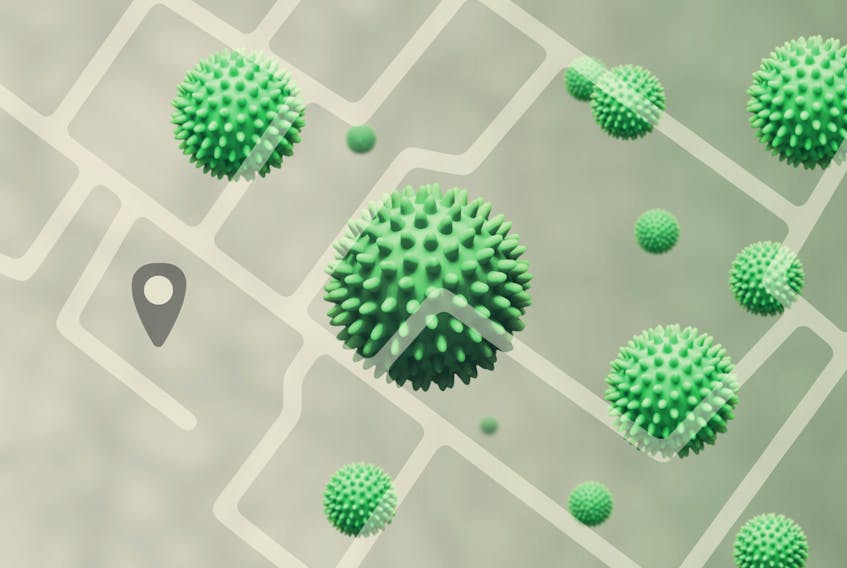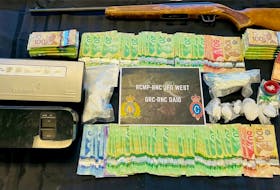ST. JOHN'S, N.L. — Today, Newfoundland and Labrador joins the province of Ontario in adopting a mobile app that helps contact tracing for cases of COVID-19.
But the uptake for COVID Alert, designed to curb the spread of the disease, has so far been low.
Public officials in Ontario have admitted the uptake so far is about 15 per cent. And CTV news reports that the number of people who actually punch in the fact that they are a risk factor is even lower.
’Though Ontario recorded more than 3,000 new cases of the novel coronavirus in August, only about 100 people reported a positive diagnosis on the app since its launch at the end of July,” the network reported.
Part of the problem with the app is that it requires users to have relatively new mobile devices and recent operating software, which could eliminate countless Canadians.
But privacy commissioners are adamant the security risks are low.
In April, Newfoundland and Labrador Privacy Commissioner Michael Harvey said a balance can be struck between privacy and public health. He and his Canadian counterparts later issued a statement saying the software does not present a risk to users.
As recommended by Harvey and others, information received from the application is stored only by the government of Canada, and is deleted after 14 days — the accepted maximum incubation window for the COVID-19 virus.
It uses Bluetooth, software that relies on proximity, rather than GPS or other information that can reveal a person’s location.
“The way the decentralized model would work is that people would download an app on their phone. When that’s happening, my phone is broadcasting a little gibberish identification code that is associated with my phone. But that’s the only thing that it's broadcasting,” Harvey said in April.
“Let’s say we’re within two metres of each other for more than five minutes, then your phone just records only the little gibberish code. Your phone doesn’t know who I am, doesn’t record where we were in contact with each other. It just records the gibberish.”
Information on Canada’s public health website confirms this protocol.
“COVID Alert was made with a focus on security and privacy. It also had thorough security reviews by both BlackBerry and the Canadian Centre for Cyber Security,” the site assures. “We have manual and automatic checks in place to ensure the integrity, reliability and confidentiality of the COVID Alert system. All data transmitted between phones and the server is encrypted.”
The site also confirms the app does not collect any personally identifiable information, and that the Office of the Privacy Commissioner was consulted throughout the app's development.
Details on the province’s plans for the app will be unveiled today at 11 p.m. by Premier Andrew Furey, Digital Government Minister Sarah Stoodley, and Dr. Janice Fitzgerald, chief medical officer of health.









